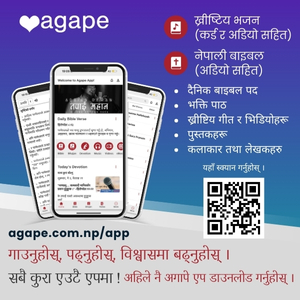Civil Society Recommendations
Multinational Efforts to Promote Freedom of Religion or Belief
September 17-19, 2015
As non-governmental organizations representing a diverse range of views in civil society, we agree that freedom of religion or belief include the rights, either individually and in community with others, to believe or not believe, to question and change one’s religion or belief, to live according to one’s religion or belief, and to promote one’s religion or belief. We hold that these rights are fundamental, universal, and must be respected and protected.
We also agree that the rights to freedom of religion or belief and other human rights, especially but not limited to freedom of expression, are interrelated, interdependent, and indivisible — and that safeguarding and promoting the right to free expression is a necessary component of combating religious intolerance and countering violent extremism.
Further, we urge government and civil society representatives to act together for the common good to protect these rights and, when necessary, keep each other accountable. We applaud international parliamentarians and human rights advocates for creating this forum, and undertaking efforts to defend and advance freedom of religion or belief. In the spirit of more comprehensive involvement, we respectfully make the following recommendations:
— Continue work within respective legislative bodies to reform or repeal laws that violate, or take steps to enact laws that respect, internationally agreed upon standards of freedom of religion or belief; assist other parliamentarians in working within their own legislative bodies on similar efforts; and work with propriate federal government agencies to ensure freedom of religion or belief is protected.
— Create a mechanism that allows civil society to report to parliamentarians individual cases
and proposed legislation infringing on freedom of religion or belief. Relatedly, share with civil
society basic standards by which IPP-FoRB members judge whether to take action.
— Within IPP-FoRB, develop a working group expressly dedicate dedicated to collaborating
with civil society to monitor country-specific and thematic developments, concerning cases and
laws, and to act in a collectivemanner.
— Engage with civil society, through regular briefings and meetings, to keep informed on existing and developing threats to the rights to freedom of religion or belief.
— Ensure the inclusion of religious minorities and the non-religious in letters and statements,
and formal advocacy efforts; and seek insight from civil society groups when drafting letters or
statements to ensure that all faith and belief-based groups are accurately reflected and included.
— Prioritize country visits and work with civil society to connect with individuals on the ground
who can represent both majority and minority religions and belief-based communities.
— Create opportunities for civil society engagement in future IPP-FoRB meetings.
— Monitor and promote best practices and laws related to freedom of religion or belief.
This conceptual document was drafted in consultation with, but is not necessarily endorsed by,
the following NGOs:
ADF International
Ahmadiyya Muslim Association UK
Aid to the Church in Need
Association Miraisme International
Bahá’í International Community
Center for Inquiry
China Aid
Christian Solidarity Worldwide
Church of Scientology National Affairs Office
Church of God Ministry of Jesus Christ International
Dharmik Chautari Nepal
Freedom House
Freedom of Religion International Center
Freethought Society
Homer International Law
Institute for Global Engagement
International Center for Law and Religion Studies
International Human Rights Commission
International Humanist and Ethical Union
Jacob Blaustein Institute for the Advancement of Human Rights
Jewish Women International
LDS Charities
Muslim Public Affairs Council
Open Doors International
Open Doors USA
Rivendell Institute
Shia Rights Watch
Tanenbaum Center for Interreligious Understanding






















Discussion about this post